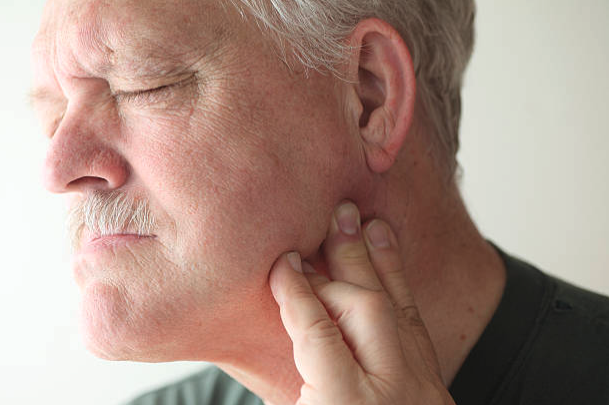TMJ Treatments Near You – Vancouver, Washington
One of the most persistent and painful conditions you can experience in dentistry involves the Temporomandibular joint. Some patients who are diagnosed with this condition seek physical therapy, acupuncture, or another type of treatment plan that can offer pain relief. Seeking help from jaw specialists near you can also help alleviate your TMJ symptoms.
End your search for a TMJ clinic near you by choosing Today’s Dentistry for treatment in Vancouver, WA.

What are the signs of TMJ disorders?
There are a variety of symptoms that patients with pain related to the TMJ joint can experience. Some of the most common include:
- Jaw pain or tenderness in the jaw joint, particularly when chewing or speaking.
- A clicking, popping, or grinding sound when opening or closing the mouth.
- Difficulty opening wide.
- Aching pain in or around the ear.
- Headaches
- A dull, constant pain in the face.
- A feeling of tightness or pressure in the jaw.
- Locking of the jaw
- Swelling on one or both sides of the face by the jaw.
- Changes in the bite or how the teeth fit together.
If you are experiencing any of these symptoms, it’s important to consult with your primary care physician or a qualified jaw doctor near you, for an accurate diagnosis. Once the diagnosis is solidified, you’ll be referred to the appropriate TMJ treatment that can serve as a longer-term pain reliever. Early diagnosis and TMJ treatment can help prevent the condition from worsening and reduce the risk of complications.
Call us now at (360)356-7791 now for a consultation, or schedule online.
Are there any health conditions associated with TMJ disorders?
There are a variety of health conditions that do not initially appear as if they are associated with TMJ disorders but are then connected at a later date. At our TMJ center near you, some of the most common health conditions that are correlated to TMJ disorders can include
- Headaches
- Neck and shoulder pain (jaw pain can radiate)
- Bruxism
- Fibromyalgia
- Sleep apnea (TMJ pain can interfere with sleep, leading to insomnia or other sleep disorders, such as obstructive sleep apnea)
- Anxiety and depression
- Rheumatoid arthritis
- Autoimmune disorders (Certain autoimmune disorders such as lupus or Sjogren’s syndrome can cause TMJ disorders).
What are some non-surgical treatment options?
- Mouthguards: These are custom-fitted plastic devices that are worn to protect teeth and jaw joints. Teeth grinding or clenching can aggravate TMJ problems.
- Splints: These are similar to a mouth guard but are designed to help reposition the jaw and relieve pressure. They are often worn at night to prevent the teeth from grinding or clenching, which can cause a person to wake up and experience pain.
- Mandibular advancement devices (oral appliance): These are similar to bite repositioning appliances, but they are designed to move the lower jaw forward. By doing so, this device reduces pressure on the TMJ and improves breathing during sleep. These devices can also treat obstructive sleep apnea.
What if I need oral and maxillofacial surgery?
TMJ surgery is usually considered a last resort for the treatment of TMJ disorder. Usually, this is only performed when other conservative treatments have failed and the pain is significantly impacting a person’s health and daily life.
Here are some of the surgical treatment options that maxillofacial surgeons can perform for TMJ disorders:
- Arthrocentesis: This is a minimally invasive procedure where small needles are inserted into the joint to irrigate and remove debris from the space.
- Arthroscopy: This is also a minimally invasive surgery. A tiny camera is inserted into the space to visualize the area and make repairs as needed.
- Surgery: This is a more invasive procedure that involves making an incision in the skin to access the TMJ directly. This allows the maxillofacial surgeon to make more extensive repairs, such as removing damaged tissue or realigning it.
- Total surgical replacement: This is a major oral and maxillofacial surgery that involves removing the damaged areas and replacing them with an artificial joint. This treatment is usually reserved for those who have severe, irreversible TMJ problems.
How do I find a temporomandibular joint specialist near me?
There is not one specialty nor practice that exclusively touts a TMJ specialist. There are a variety of medical and dental providers whom patients can seek treatment with. Make sure you seek treatment from a provider with extensive experience in helping patients relieve symptoms and pain. At Today’s Dentistry, we find many patients successfully treat their pain with nonsurgical options.
Call us now at (360) 356-7791 now for a consultation, or schedule online.
